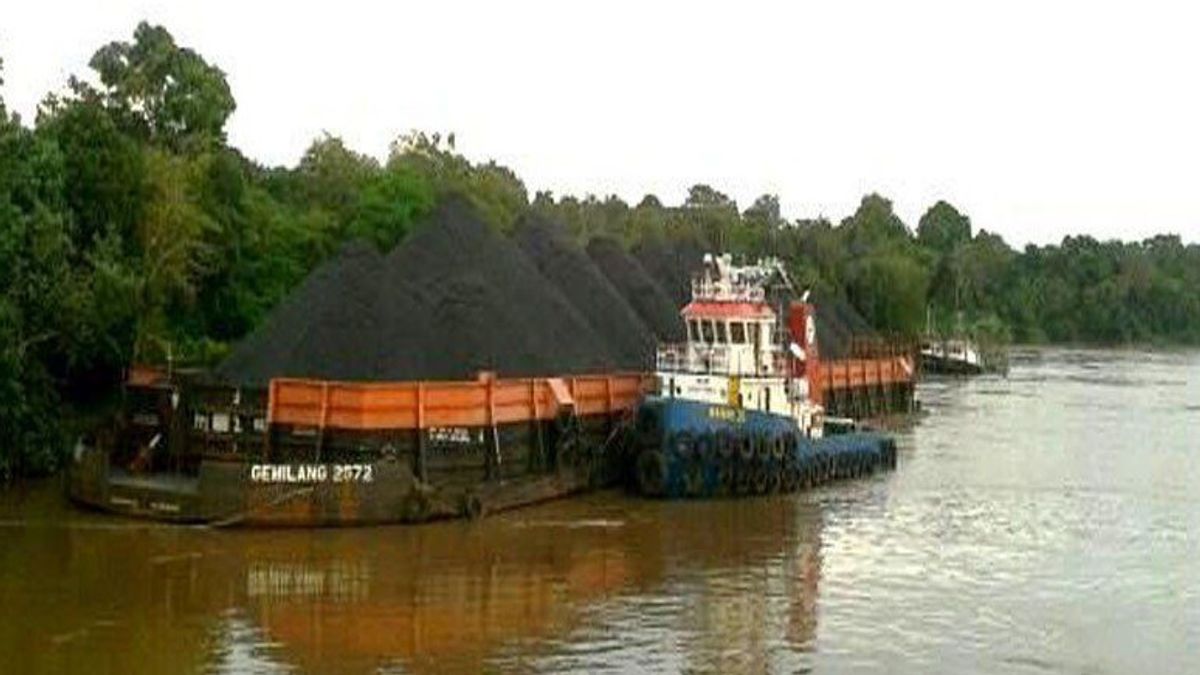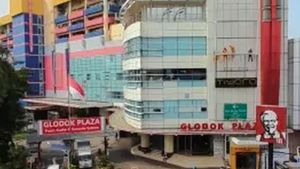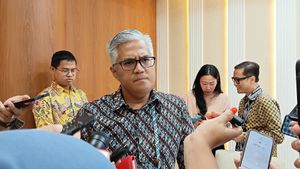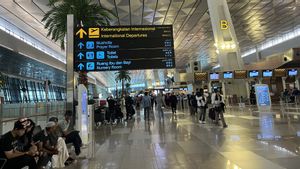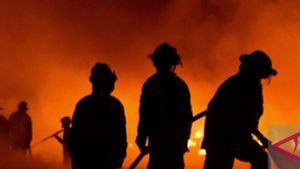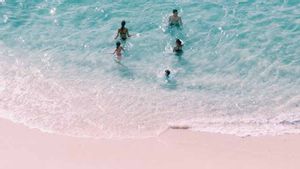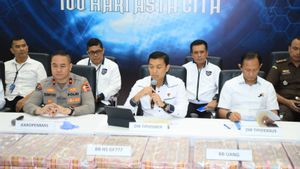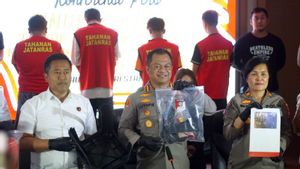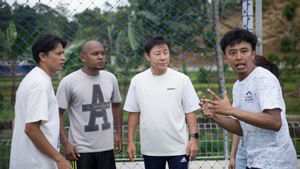JAMBI - Indonesian Forum for the Environment (WALHI) Jambi noted that in 2022 there has been an emergency in the condition of the Batang Hari Watershed (DAS) which is currently still homework for the Jambi Provincial Government.
"The rise of legal and illegal extractive industries currently threatens the sustainability of the Batang Hari watershed," said Director Wahli Jambi, Abdullah in Jambi on Saturday.
Based on data from Walhi Jambi, gold mining activities without permission (Peti) from upstream of the Batang Hari river to date have recorded 437 units working and of course it will increase, besides that, C excavation activities are currently also contributing to river problems with a sizeable impact.
"As a result of all the damage to river water quality, river bordering, so sedimentation can no longer be encouraged," Abdullah said.
In addition to illegal activities, the existence of an extractive industry granted permission also does not necessarily stop having a negative impact on Batang Hari's watershed and based on facts on the ground, river water pollution occurs due to company waste.
As is the case with pesticide waste from the plantation sector to the disposal of waste that damages the river ecosystem, as happened in the Mandiangin District Disbursement Village, Sarolangun Regency.
The threat of damage to the Batang Hari River is also getting bigger with the Jambi Provincial Government's plan to make the longest river on the island of Sumatra the mining transportation route.
The discourse on coal special lanes has been issued since Governor Hasan Basri Agus through Regional Regulation Number 13 of 2014 concerning coal transportation. Through this regulation, it is hoped that it will be able to unravel congestion and save the people from the threat of accidents.
Since the issuance of the regional regulation, the Jambi Provincial Government will realize a special coal road in the near future. This special coal road will not only use the land route, but will use the Batang Hari river as a coal transportation route to stockpile which of course will also cause environmental problems.
With the coal transportation through the Batang Hari river, of course, it will increase pollution in the river due to coal falling from the carrier barge or human error.
In addition, large waves produced by ships and large barges will cause erosion on the edge of the river. Apart from this, the Batang Hari river is experiencing sedimentation or silting at several points.
The plan to use the Batang Hari river as a transportation route must of course go through dredging or deepening the river. If you do deepening the river, it will certainly change the cycle and balance of the river.
This can be erosion and make the river even more cloudy. In the end, people who live on the riverbanks are the most affected individuals due to coal transportation through rivers," Abdullah said.
Pollution, erosion, and ecosystem damage will make people lose their access to the source of everyday life. Polluted water cannot be used for life and turns into a source of disease due to pollution from coal avalanches from barges.
The English, Chinese, Japanese, Arabic, and French versions are automatically generated by the AI. So there may still be inaccuracies in translating, please always see Indonesian as our main language. (system supported by DigitalSiber.id)
